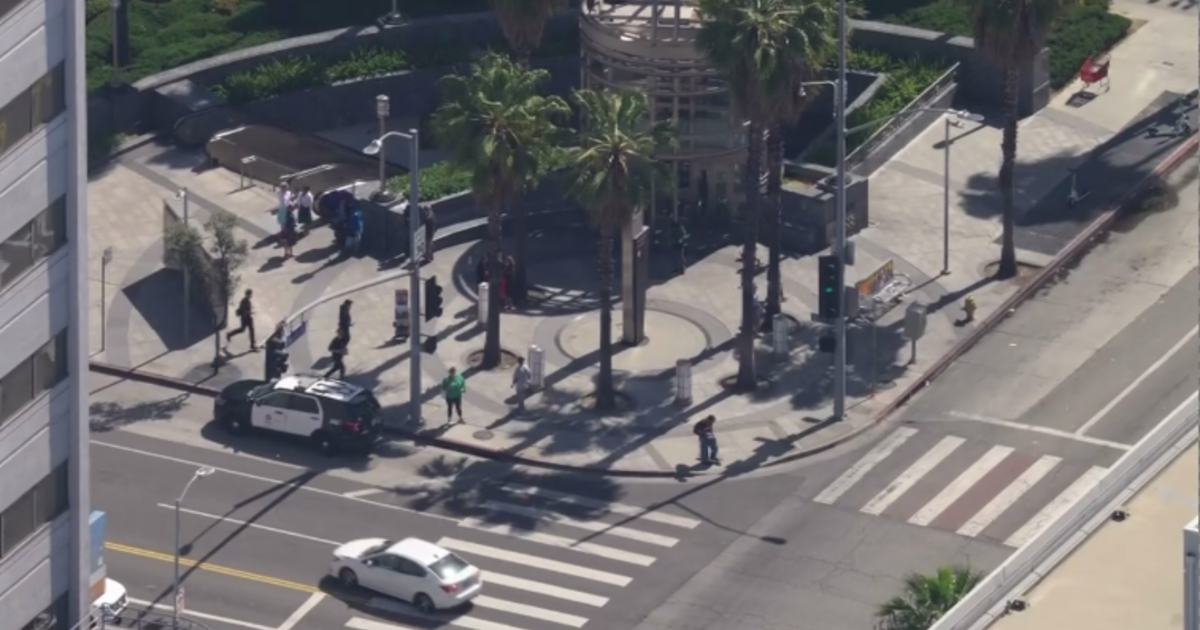Impostor Facebook Pages Designed To Dupe Friends And Family
TARZANA (CBSLA.com) — Impostors have recently weaseled their way into the world of social media, making communication confusing for many users.
CBS2's Sharon Tay spoke with Jennifer Perry, who said her Facebook account had recently been hacked.
Perry explained the hacker attempted to re-friend her Facebook friends, creating a page identical to her own.
"I was able to call me up, and I found me," said Perry. "Everything was totally identical: my pictures, my information, all of my postings. Someone completely duplicated my profile, and it makes me feel violated."
Experts explained this new process has been coined Facebook cloning, which has reportedly become the No. 1 problem for 1.5 billion users.
Hemu Nigam, an Internet security expert in Los Angeles, told Tay there is good reason why hackers are going after Facebook users.
Hackers can reportedly get into your private images, change passwords, spread viruses and malware.
These "Facecrooks" have even issued scams in an attempt to get cash from friends online.
Essentially, they take over and become you through a cloned profile, Nigam explained.
"One of the things about Facebook is that there are so many people on it, and they're all your friends," Nigam said. "So what happens is hackers say you trust your friends more than anyone else. If I get into your account, I can send something out, and break into their accounts."
Fortunately, Perry was alerted after receiving a message reading, "Hi Jenny. Just got a friend request from you. Don't want to accept until I check with you to make sure you weren't hacked."
She was then able to stop the hacker before damage was done. Facebook deleted the phony profile immediately, and Perry reset her password.
Using security settings might seem like common sense; however, Nigam shared that hackers tend to prey on the less-savvy crowd.
He advised for everyone to remember that messages received through Facebook does not always mean they are legitimate, even if they look real.
Facebook allows users to restrict who can and cannot have access to their pages.
Nigam explained to Tay that many of us don't opt for settings that offer enough protection.
Experts say those who ignore the latest security applications are making a big mistake.
Things to look out for to prevent hackers from gaining access into your account:
- Profile viewers and profile blockers. These are scams that promise to show you who has been looking at your profile or who has blocked you from seeing their account. These applications do not work, as Facebook does not give developers access to data to create them.
- Phishing to steal your login information. Hackers have reportedly pretended to be Facebook security, informing victims that they have violated a Facebook security policy and their account will be disabled within 24 hours if confirmation is not clicked on.
- New or extra Facebook features. Beware of dislike buttons and applications to change colors. Hackers can insert adware or malware into these plugins.
"The problem is that we do what a lot of what us busy folks do," Nigam added. "We hit remind me later, and that phrase needs to be banned from the Internet. That's the phrase that tells people 'Hey, I know there's a security issue, but I'm gonna leave it for later' telling the hacker to come in and do what you want."
Tay reached out to Facebook for a comment regarding this issue but received no response.
Nigam explained to her that authorities there probably ignored her inquiry due to hackers who are paying attention to what social media sites are doing about security.
If they publicly responded, it would give hackers a road map on how to crack their security system.



